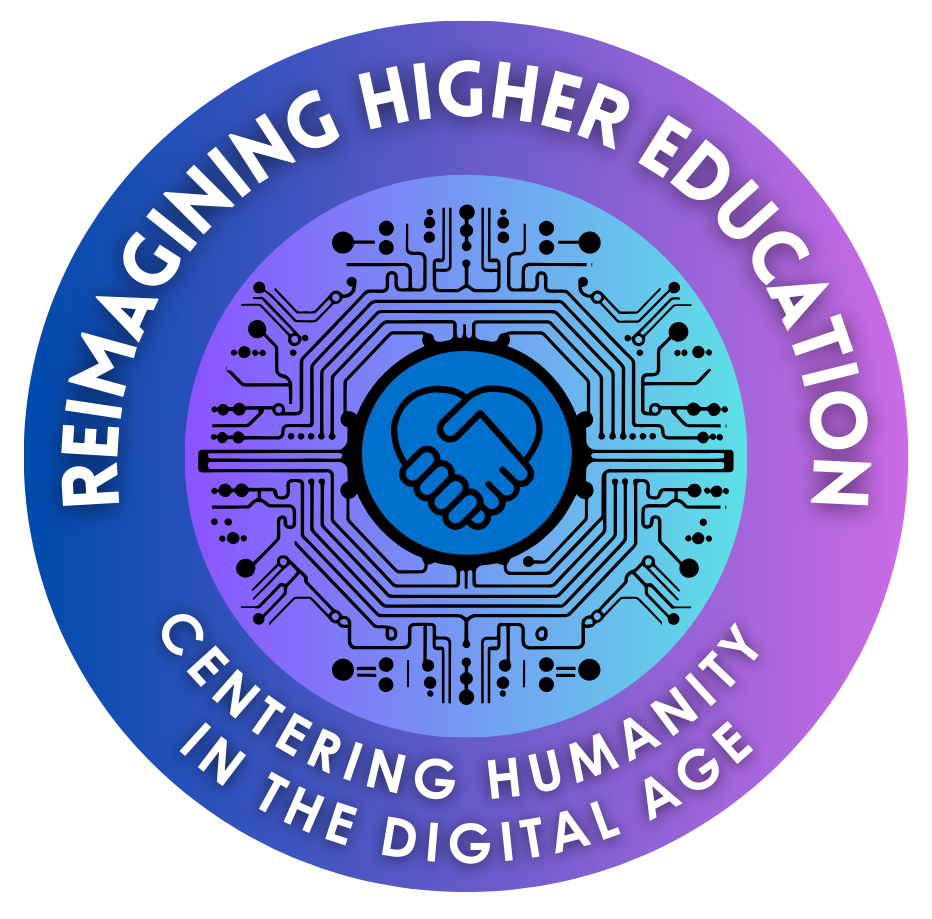Fostering Excellence Through an Academic Writing and Researcher Readiness Course in a Doctoral Program
Start Date
1-11-2023 3:25 PM
End Date
1-11-2023 3:45 PM
Keywords
2023, destination excellence, day 1, faculty development, all educators
Abstract
The Abraham S. Fischler College of Education and School of Criminal Justice (FCESCJ) has a diverse population of students characterized primarily by adults over 25, working full-time jobs and with family responsibilities. The goal of this presentation is to demonstrate how the development of an Academic Writing course and an orientation portal at the graduate level can help students (a) improve their academic writing skills, (b) learn the various resources NSU and the FCESCJ offer, and (c) understand the personal and research skills needed to become a doctoral student. The academic writing class is the first required core course for all doctoral students and is offered in an online and blended format. It has been designed for English and Spanish-speaking students. This class uses different teaching strategies, formative assessments, and active learning strategies to promote excellence in a learner-centered environment. The audience for this presentation includes higher education faculty, administrators, and advisors working with non-traditional students at the graduate level. Through our experiences, we have found that students have an increased chance of completing their degree when they receive support and mentoring from a collaborative approach of faculty and other university personnel.
Learning Outcomes:
Participants will be able to:
- Appreciate the value and purpose of integrating an academic writing course in a graduate program.
- Discuss different formative assessments for an academic writing course.
- Structure an informative portal that presents compelling information about the program of study, college, and university to support student success.
- Create collaboration environments between college and university centers and departments to support compelling learning experiences.
Fostering Excellence Through an Academic Writing and Researcher Readiness Course in a Doctoral Program
The Abraham S. Fischler College of Education and School of Criminal Justice (FCESCJ) has a diverse population of students characterized primarily by adults over 25, working full-time jobs and with family responsibilities. The goal of this presentation is to demonstrate how the development of an Academic Writing course and an orientation portal at the graduate level can help students (a) improve their academic writing skills, (b) learn the various resources NSU and the FCESCJ offer, and (c) understand the personal and research skills needed to become a doctoral student. The academic writing class is the first required core course for all doctoral students and is offered in an online and blended format. It has been designed for English and Spanish-speaking students. This class uses different teaching strategies, formative assessments, and active learning strategies to promote excellence in a learner-centered environment. The audience for this presentation includes higher education faculty, administrators, and advisors working with non-traditional students at the graduate level. Through our experiences, we have found that students have an increased chance of completing their degree when they receive support and mentoring from a collaborative approach of faculty and other university personnel.
Learning Outcomes:
Participants will be able to:
- Appreciate the value and purpose of integrating an academic writing course in a graduate program.
- Discuss different formative assessments for an academic writing course.
- Structure an informative portal that presents compelling information about the program of study, college, and university to support student success.
- Create collaboration environments between college and university centers and departments to support compelling learning experiences.


